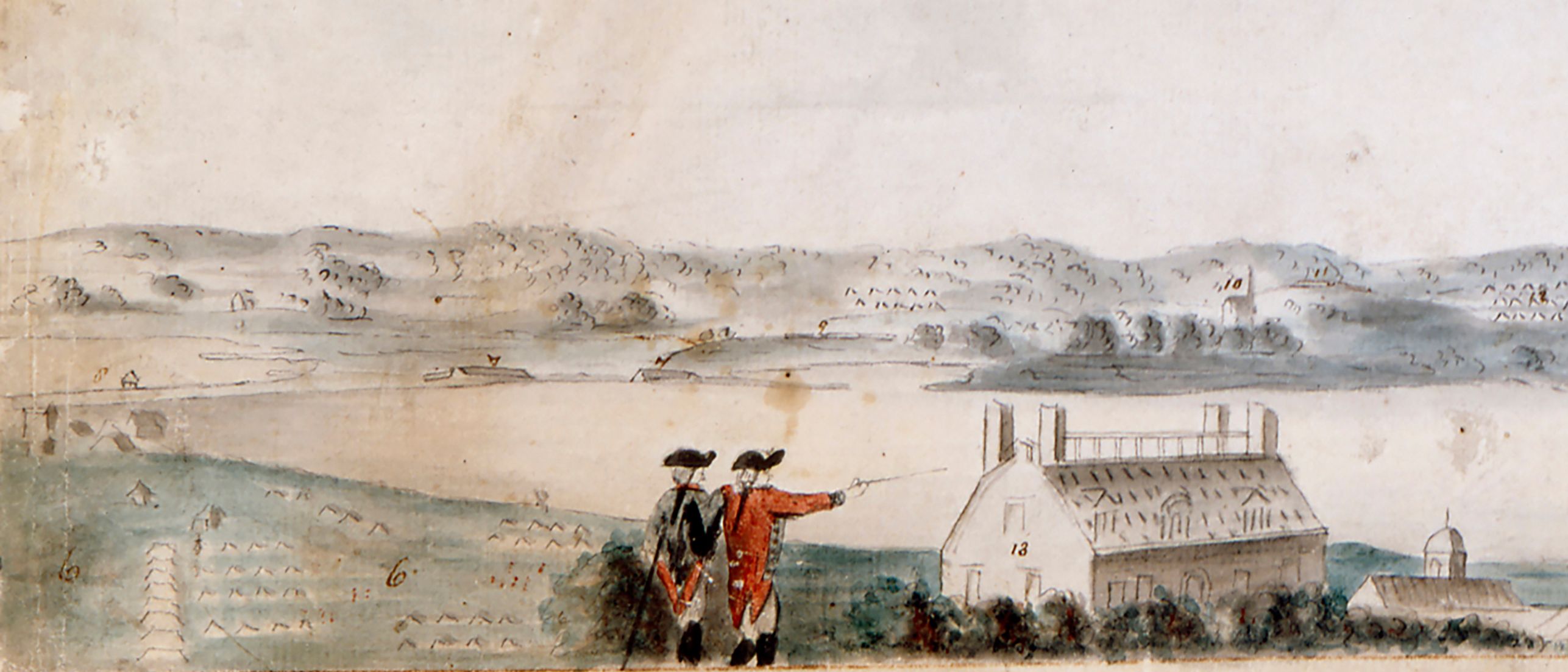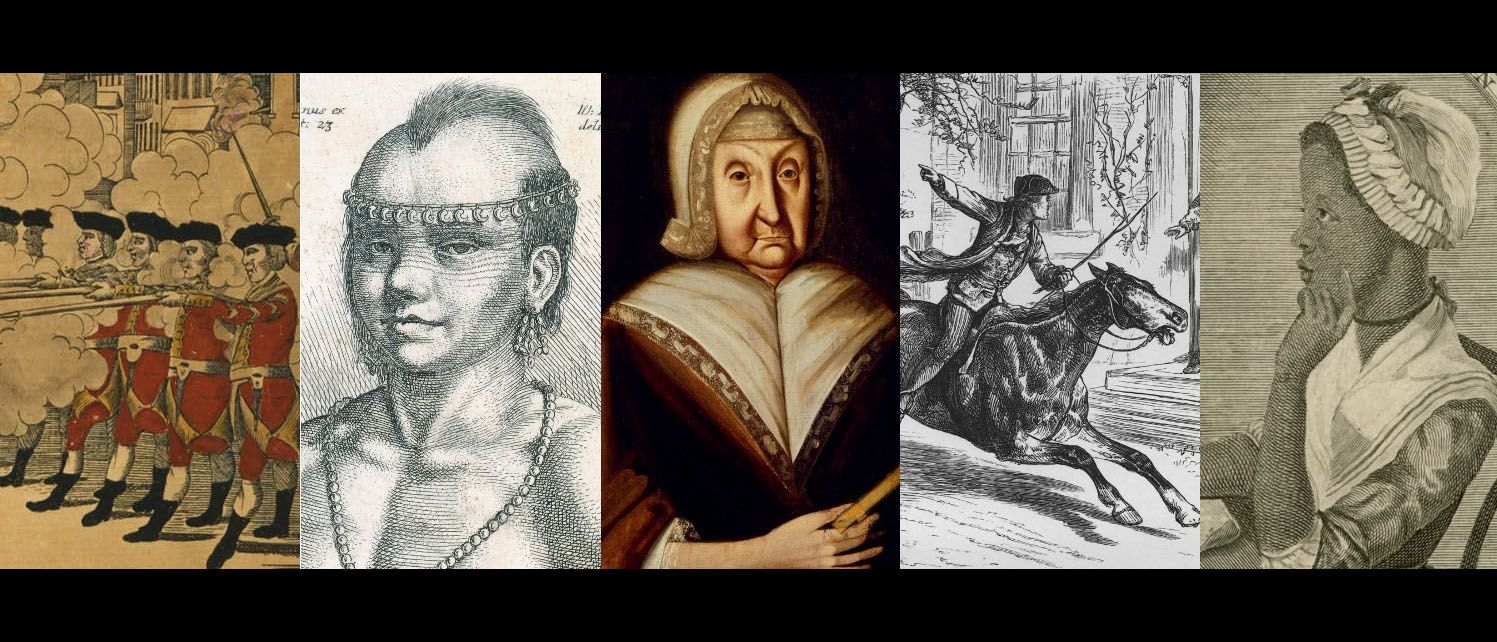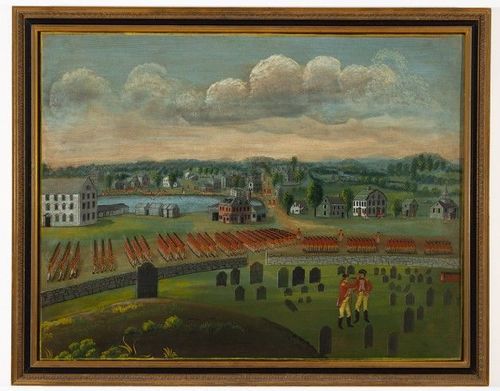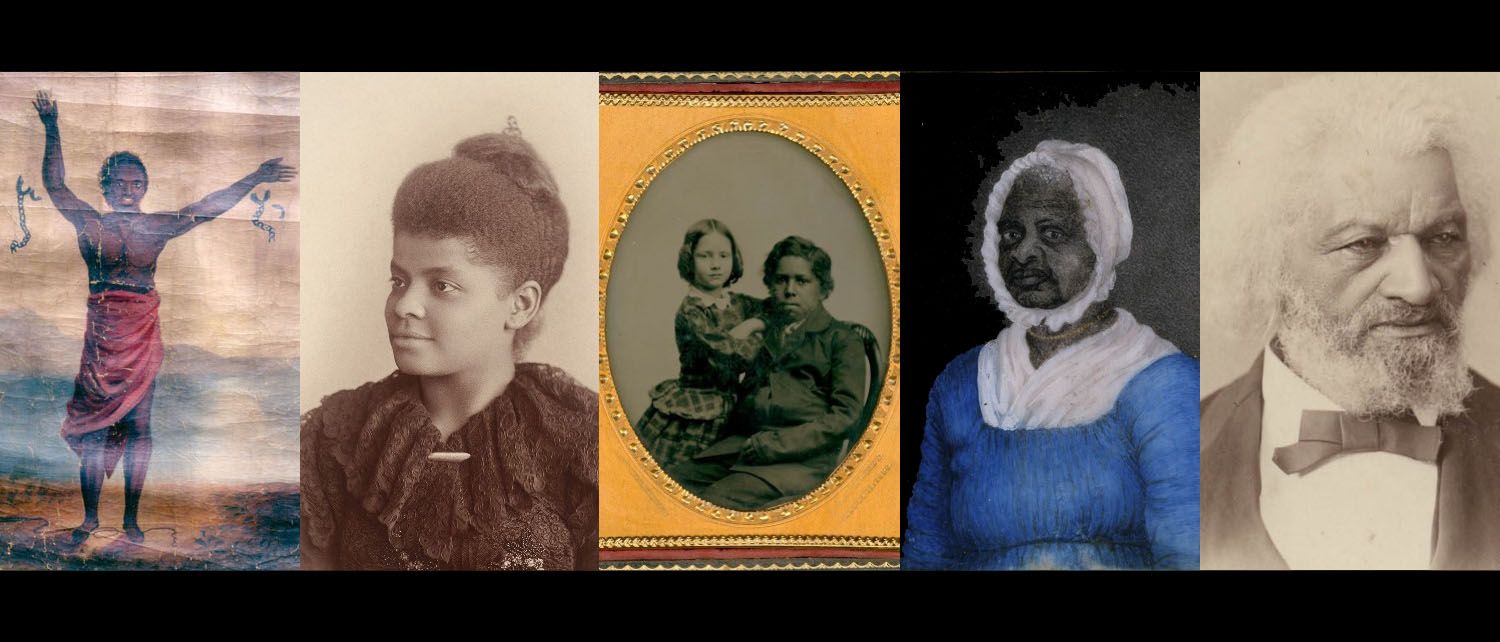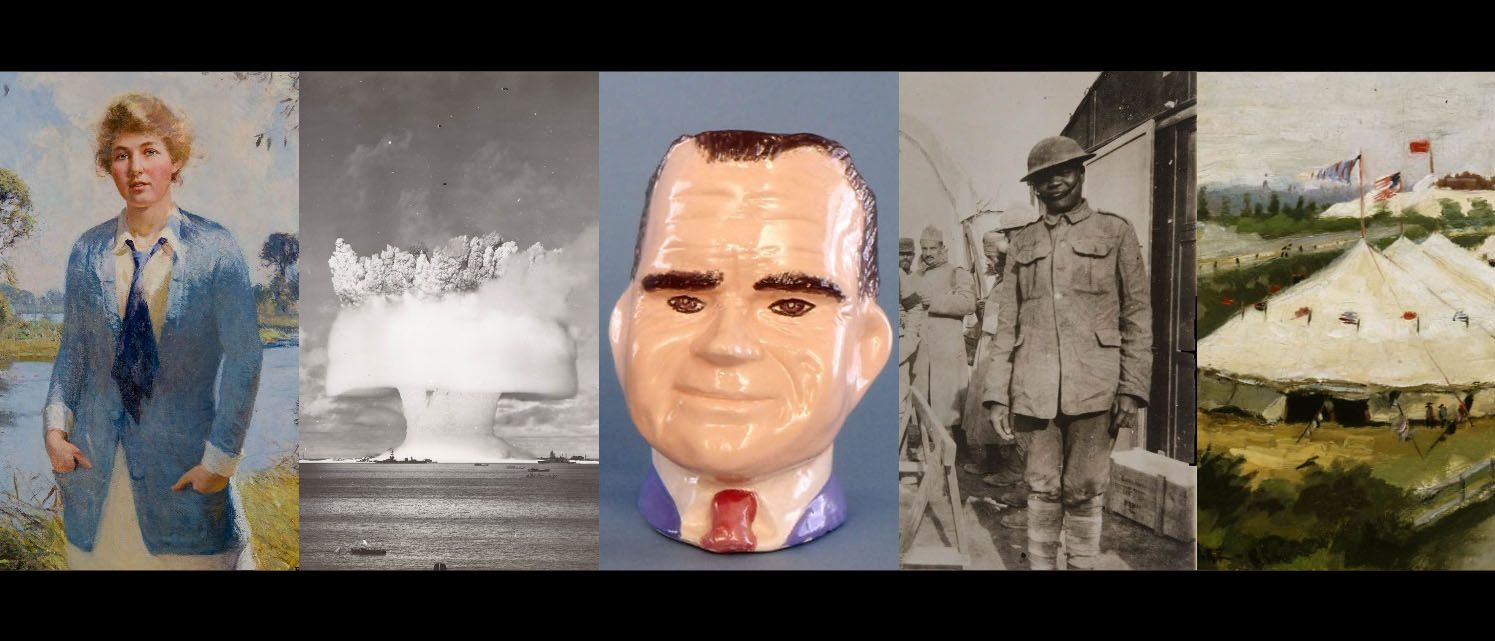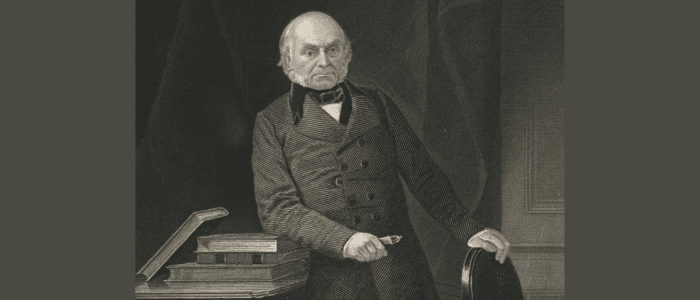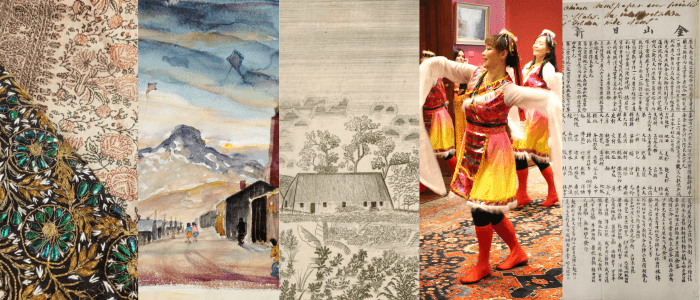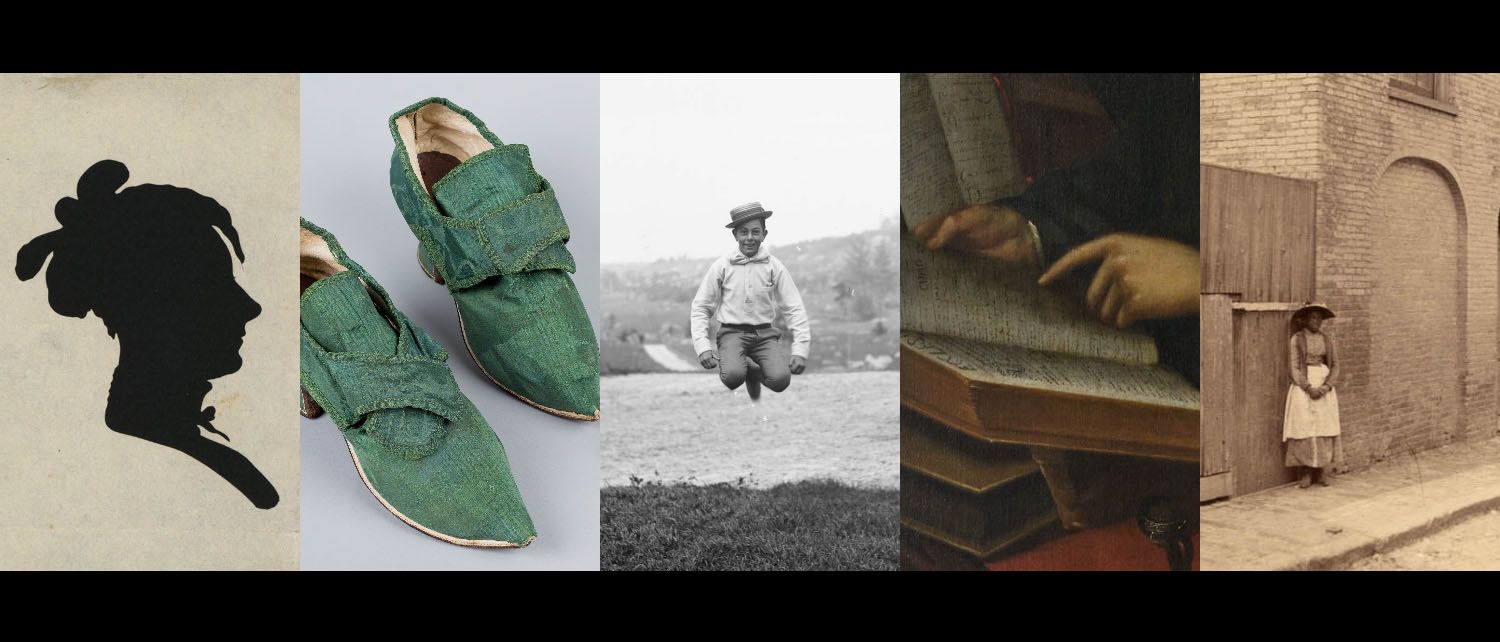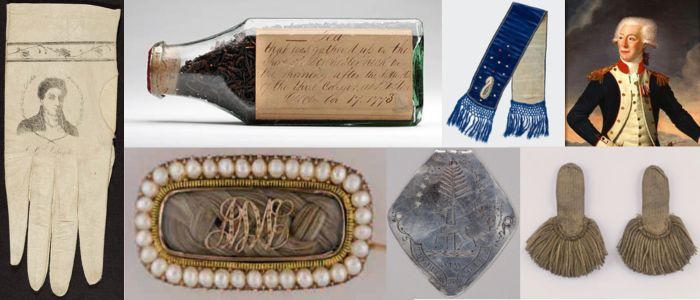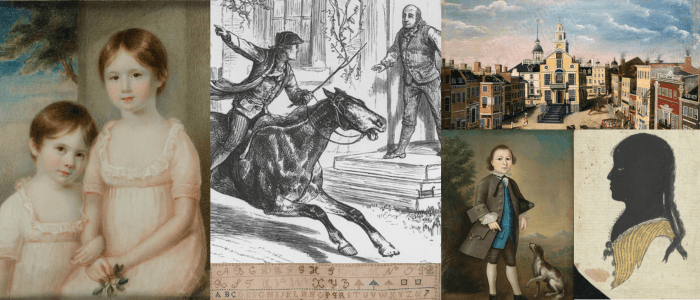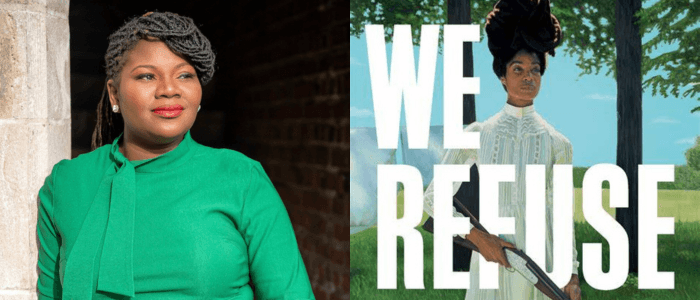Event

Prophets and Ghosts: The Story of Salvage Anthropology
Sam Redman, University of Massachusetts, Amherst
This is a hybrid event. In person, $10 per person fee, no charge for MHS Members, EBT Cardholders, or virtual guests. The in-person reception starts at 5:30 and the program will begin at 6:00.
In the late nineteenth century, anthropologists, linguists, archaeologists, and other chroniclers began amassing Indigenous cultural objects by the millions. Convinced that Indigenous peoples were doomed to disappear, collectors donated these objects to museums and universities that would preserve and exhibit them. Samuel Redman dives into the archive to understand what the collectors deemed the tradition of the “vanishing Indian” and what we can learn from the complex legacy of salvage anthropology. The collecting practice became an engine of the American museum and significantly shaped public education and preservation, as well as popular ideas about Indigenous cultures. Redman interviews Indigenous artists and curators, who offer fresh perspectives on the history and impact of cultural salvage, pointing to new ideas on how we might contend with a challenging inheritance.
Hybrid Event
The in-person reception starts at 5:30 and the program will begin at 6:00.
Masks are required inside the MHS building. Learn more about our COVID-19 protocols.
The virtual program begins at 6:00 PM and will be hosted on the video conference platform, Zoom. Registrants will receive a confirmation message with attendance information.
